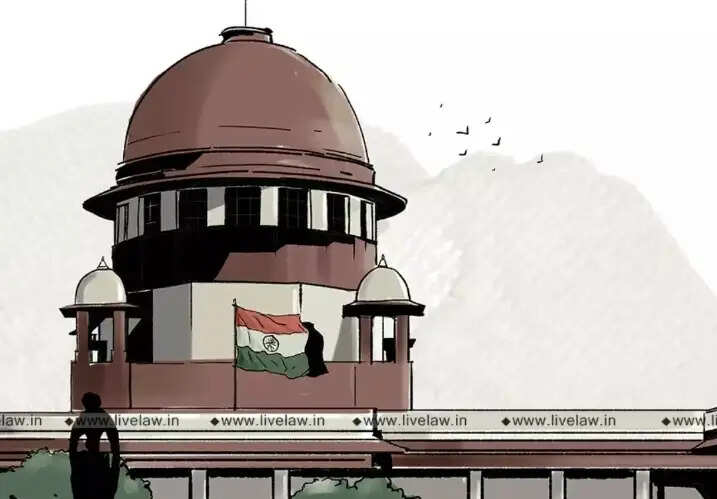1990 Kashmir University VC Murder Case | 'TADA Procedural Safeguards Violated' : Supreme Court Dismisses CBI Appeals Against Acquittals
The Supreme Court dismissed the appeals filed by the CBI challenging the acquittal of seven persons in the case for the abduction and murder of Kashmir University Vice Chancellor and his Personal Secretary in 1990 by the Jammu & Kashmir Students Liberation Front
Mar 22, 2025, 22:52 IST

The Court affirmed the acquittal of the accused persons citing a lack of credible evidence and procedural lapses in recording confessions.
The Court held that the confessional statements were unreliable and failed to meet the procedural safeguards under the Terrorism and Disruptive Activities (Prevention) Act, as the recording officer failed to ensure the voluntariness of the accused while taking confessions.
In a significant ruling, the Supreme Court of India has dismissed the Central Bureau of Investigation's (CBI) appeals challenging the acquittal of seven individuals accused in the 1990 abduction and murder of Kashmir University Vice-Chancellor Dr. Mushir-ul-Haq and his personal secretary, Abdul Gani Zargar. The accused were alleged members of the Jammu and Kashmir Students Liberation Front (JKSLF) and were initially charged under the now-repealed Terrorist and Disruptive Activities (Prevention) Act, 1987 (TADA).
A bench comprising Justices Abhay S. Oka and Ujjal Bhuyan upheld the earlier acquittals, citing significant procedural lapses in the recording of confessional statements under TADA provisions. The Court emphasized that the mandatory procedural safeguards designed to ensure the voluntariness and reliability of confessions were blatantly disregarded. Specifically, the confessions lacked details such as the time of recording and the circumstances under which they were made. Additionally, the accused were not provided adequate time for reflection before their confessions were recorded, undermining the credibility of these statements.
The Court expressed concern over the environment in which the confessions were obtained, noting that recording statements within heavily guarded Border Security Force (BSF) camps could have created an intimidating atmosphere, thereby compromising the voluntariness of the confessions. The bench remarked, "It is indeed a sad reflection as to how investigation and trial unfolded in this case, where truth and justice, both for the victims and the accused, remained elusive."
This case dates back to April 1990, when Dr. Mushir-ul-Haq and Abdul Gani Zargar were kidnapped by militants demanding the release of their associates. When these demands were not met, both hostages were killed. The initial investigation was conducted by local authorities before being transferred to the CBI. The prosecution's case heavily relied on the confessional statements of the accused; however, due to the procedural violations identified, these confessions were deemed inadmissible.
The Supreme Court's decision underscores the critical importance of adhering to procedural safeguards, especially under stringent laws like TADA, to ensure that justice is served without compromising the rights of the accused. The Court's ruling also reflects the broader judicial recognition of the potential for abuse inherent in draconian laws, which ultimately led to the repeal of TADA.
This judgment serves as a poignant reminder of the delicate balance that must be maintained between national security interests and the protection of individual rights within the legal framework.
